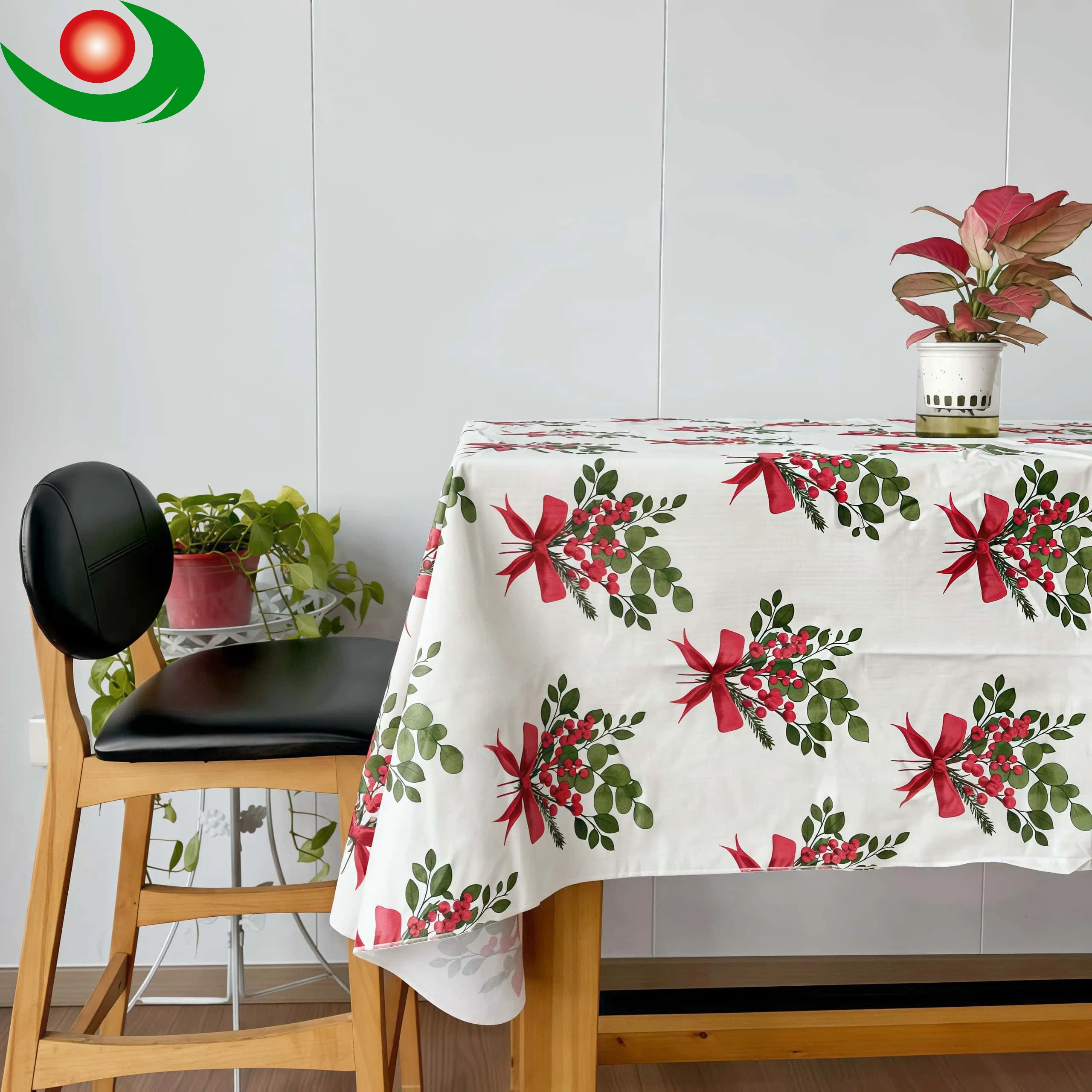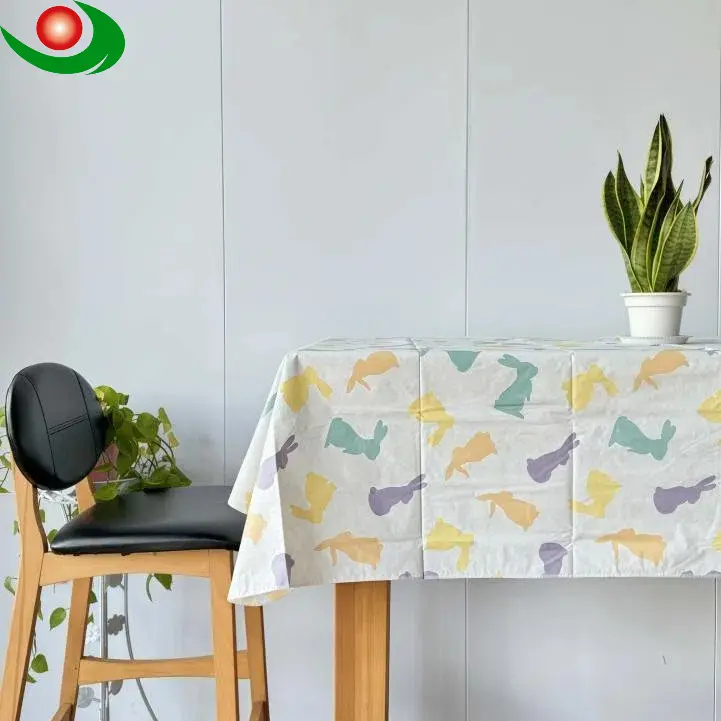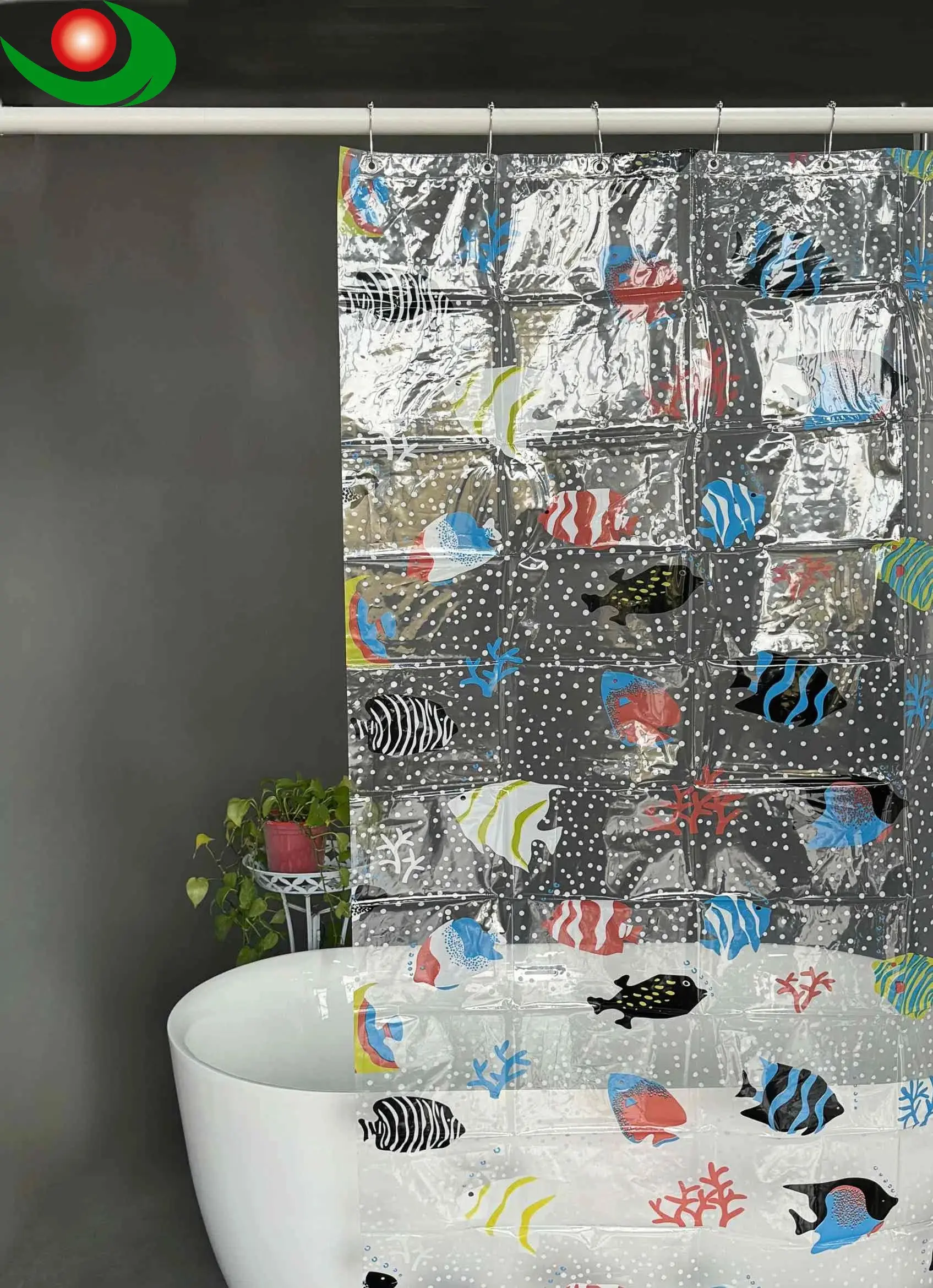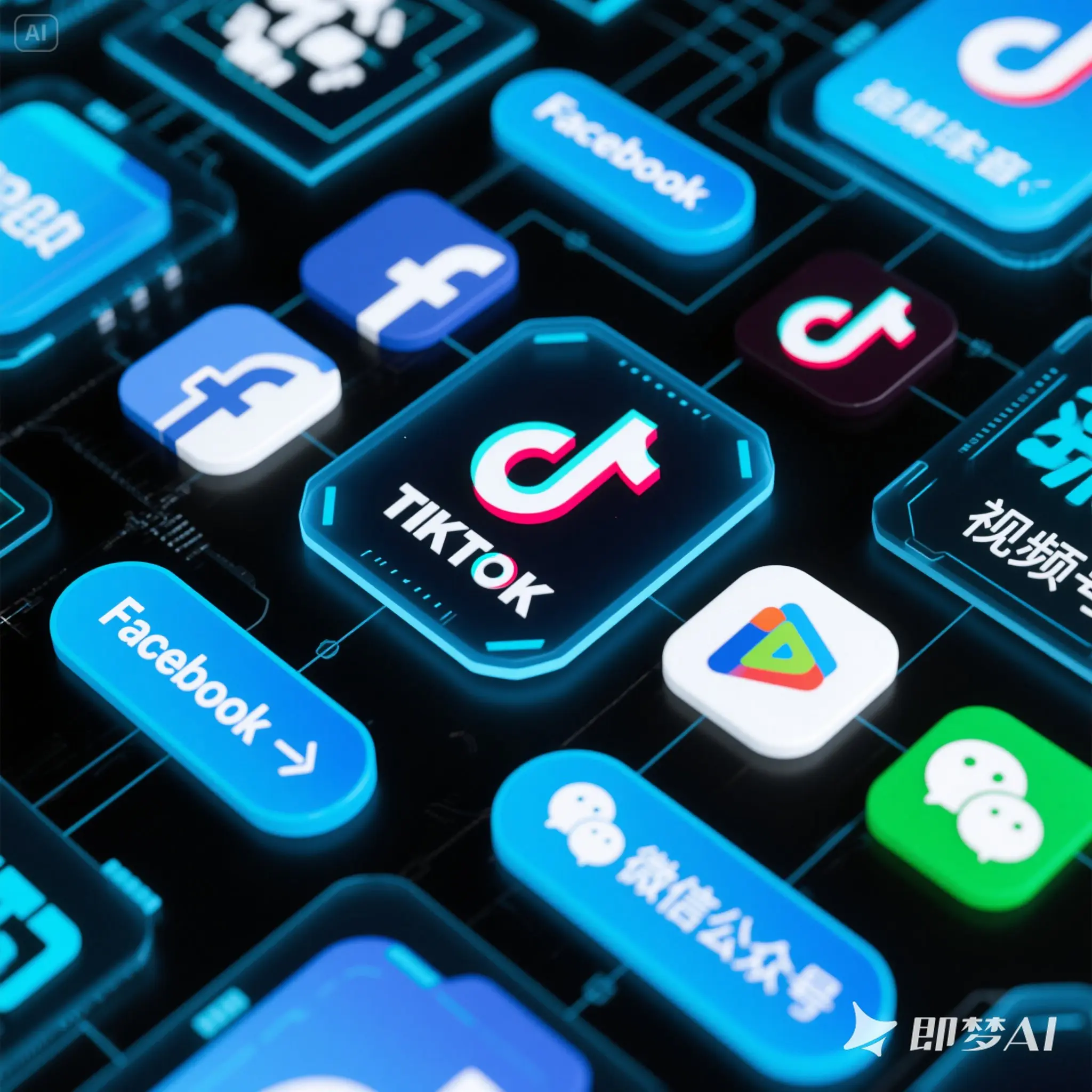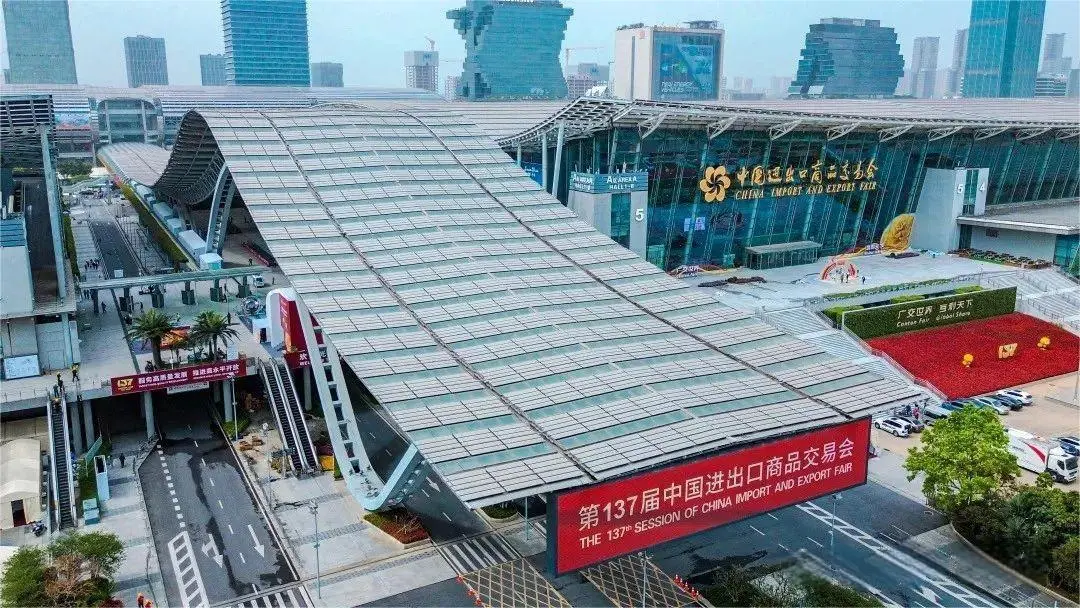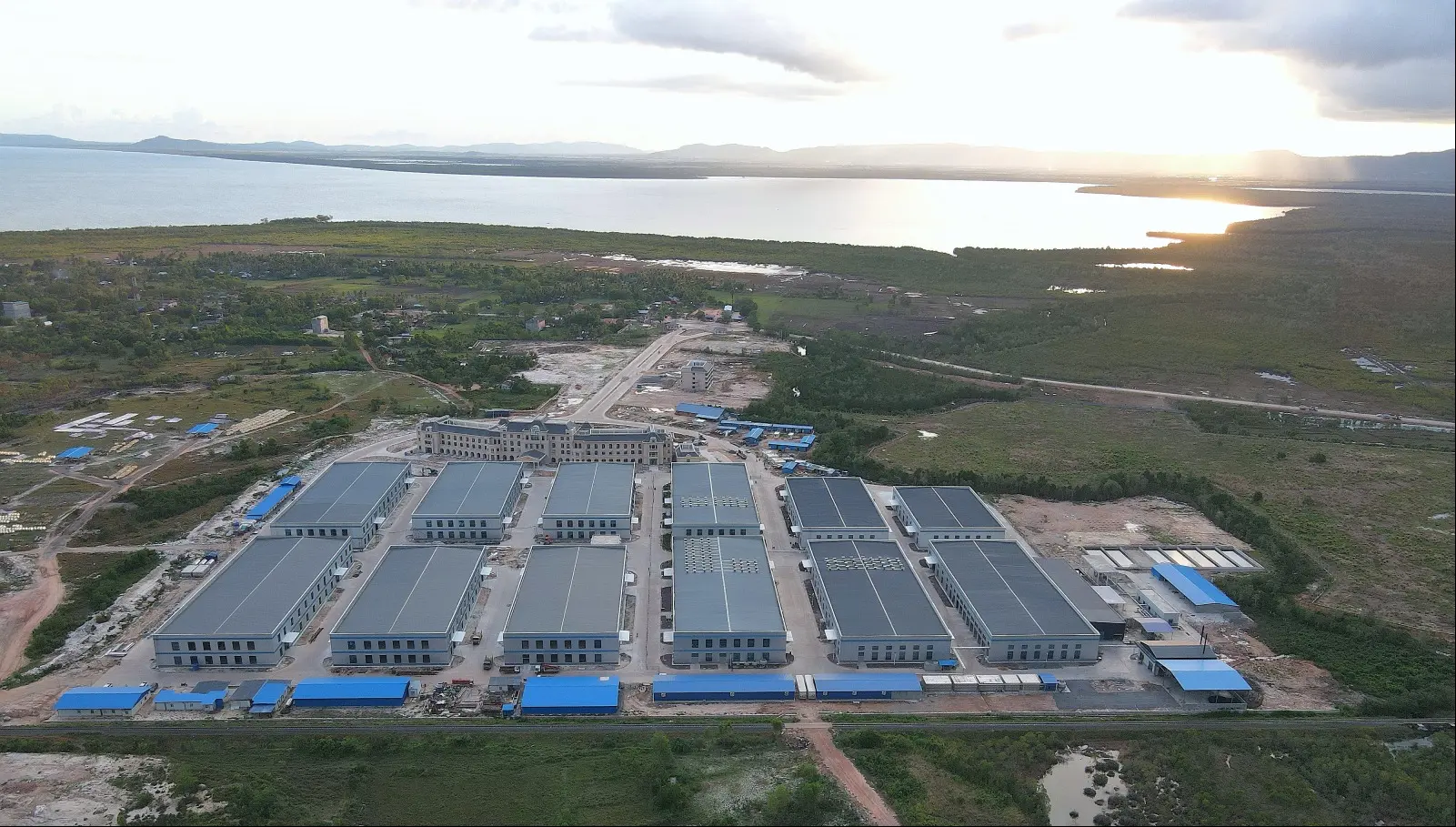Shocking! People Who Have Used This Waterproof and Oil-Resistant Tablecloth All Regret —— Regret Not Buying It Earlier!
In daily life and dining scenarios, using waterproof and oil-resistant Tablecloths offers multiple practical benefits. Below is an analysis of their necessity from different scenarios and needs:
Daily Home Scenarios: Protect Furniture and Reduce Cleaning Burden
- Prevent Liquid Penetration and Damage to Table Surfaces
If surfaces of furniture like coffee tables and dining tables directly come into contact with water stains or soup (such as spilled water or overflowing food soup), liquids may seep into wooden, leather, or glass surfaces, causing mold, deformation, discoloration, or even cracking. Waterproof and oil-resistant tablecloths form a physical barrier to prevent liquids from directly contacting the table.
Example: A wooden dining table soaked in soup for a long time may swell and delaminate, but a tablecloth can quickly block the liquid and protect the table’s structure.
- Simplify Cleaning Processes
Ordinary tablecloths need frequent washing when stained with oil, while waterproof and oil-resistant materials (such as PVC or TPU coated fabrics) have smooth surfaces. Oil and water stains can be directly wiped off with a cloth or rinsed simply after absorbing with a tissue, saving time and effort.
Comparison: A cotton tablecloth stained with soy sauce requires repeated scrubbing, while a waterproof tablecloth can be cleaned in just 10 seconds.
- Extend Furniture Lifespan
Tablecloths reduce friction scratches from tableware and cups on the table, and prevent burn marks caused by high-temperature tableware (such as hot pots or coffee cups) directly contacting the surface, especially suitable for high-end materials like solid wood and marble.
Dining and Gathering Scenarios: Handle High-Frequency Oil Stains and Improve Efficiency
- Restaurants/Canteens: Reduce Operational Costs
In commercial settings, dining tables are exposed to a lot of food residues and oil stains daily. Waterproof and oil-resistant tablecloths can reduce cleaning frequency, cutting down on detergent consumption and labor costs. Additionally, they can be quickly replaced to keep tables clean and enhance the dining experience.
Data: After using waterproof tablecloths, a restaurant reduced single-table cleaning time from 5 minutes to 1 minute, saving about 30% in daily cleaning costs.
- Family Dinners/Parties: Handle unexpected incidents
During gatherings, it’s common for children to knock over drinks or adults to spill wine. Waterproof tablecloths allow quick cleanup of accidents, avoiding embarrassment and extensive cleaning. For example, cola spilled on the tablecloth can be directly wiped off with a wet tissue without worrying about penetration.
- Outdoor Picnics: Withstand Complex Environments
Outdoors, waterproof tablecloths block moisture from grass and prevent food oil stains from soiling the fabric. Some materials (such as aluminum film composite cloth) also offer tear resistance and sun protection, suitable for camping, barbecues, and other scenarios.
Special Groups and Scenarios: Balance Practicality and Safety
- Households with Children/Pets: Reduce Accident Risks
Children often spill liquids while playing at the table, and pets may knock over water bowls. Waterproof tablecloths prevent slippery floors that could cause falls and stop liquids from seeping into carpets, which can lead to mold.
Safety Tip: Choose eco-friendly and non-toxic materials (such as food-grade PVC) to avoid children ingesting harmful substances.
- Hospitals/Nursing Homes: Meet Hygiene Requirements
In medical settings, tablecloths need to be easy to disinfect and prevent leakage of Liquid medicine or food residues. Waterproof and oil-resistant materials can be quickly cleaned with alcohol wipes, complying with infection control standards.
Economic and Environmental Perspectives: Long-Term Cost-Effectiveness
- Higher Cost-Effectiveness
Than Frequent Furniture Replacement A high-quality waterproof and oil-resistant tablecloth typically costs tens to hundreds of yuan and can be used for 1-3 years, while replacing a dining table may cost thousands of yuan. In the long run, tablecloths are a more economical protective choice.
- Reusable and Reduces Disposable Waste Some waterproof tablecloths are machine-washable or can be used for long-term wiping. Compared to Disposable Tablecloths (such as plastic film), they are more environmentally friendly and reduce white pollution.
Material Selection and Usage Tips
| Material Type | Advantages | Suitable Scenarios | Precautions |
| PVC Coated Cloth | Strong waterproof/oil-resistant, low cost, easy to clean | Family dining tables, restaurants | Choose eco-friendly, odorless products; avoid high temperatures |
| TPU Waterproof Cloth | Soft, breathable, wear-resistant, machine-washable | Daily coffee tables, children’s activity tables | Avoid sharp objects scratching the surface |
| Linen + Waterproof Coating | Good texture, breathable and waterproof | Nordic-style homes, light dining scenes | Require regular cleaning to prevent oil penetration |
| Aluminum Film Composite Cloth | Waterproof, moisture-proof, tear-resistant, high-temperature resistant | Outdoor picnics, camping | Lightweight but prone to creasing when folded |
Conclusion
Waterproof and oil-resistant tablecloths are not just “non-essential” items but efficient solutions for high-frequency liquid contact scenarios. Whether for daily home protection, cost reduction in dining venues, or hygiene needs in special settings, their core value lies in saving time, effort, and furniture wear at a low cost. When choosing a tablecloth, pay attention to material environmental friendliness, thickness (recommended 0.2-0.5mm), and anti-slip design to balance practicality and aesthetics, making it a helpful tool to enhance quality of life.

